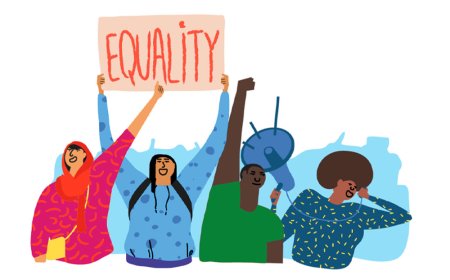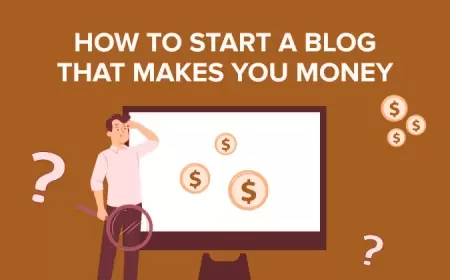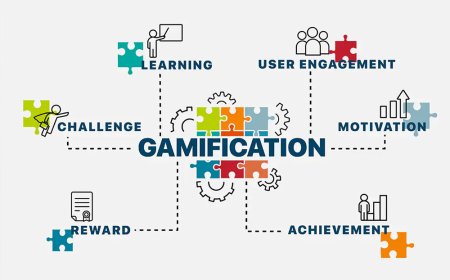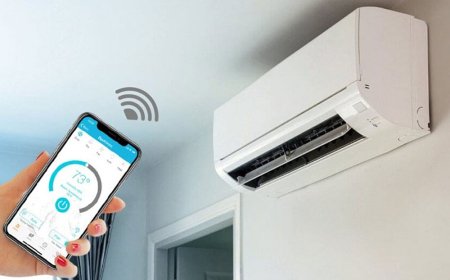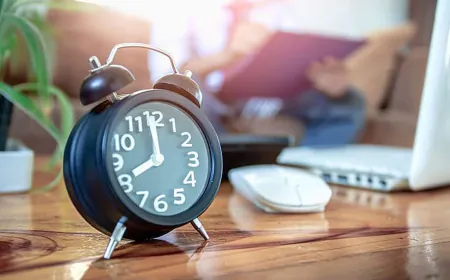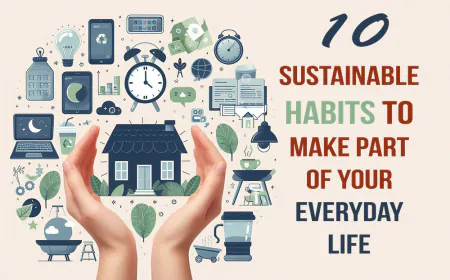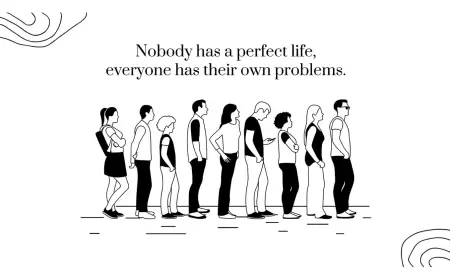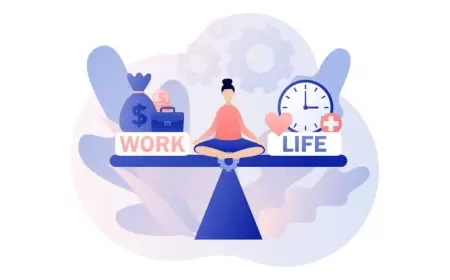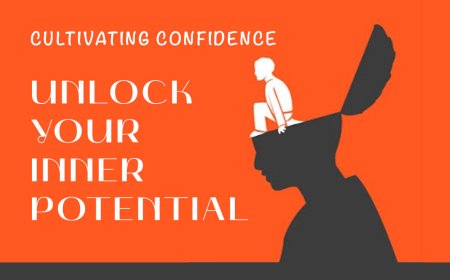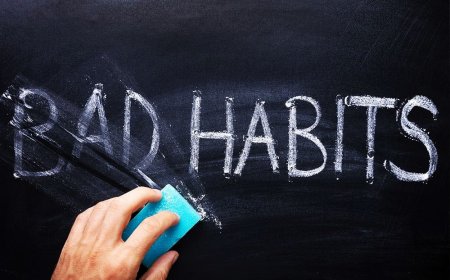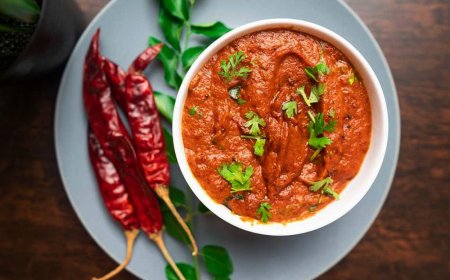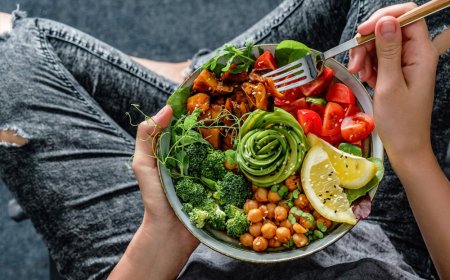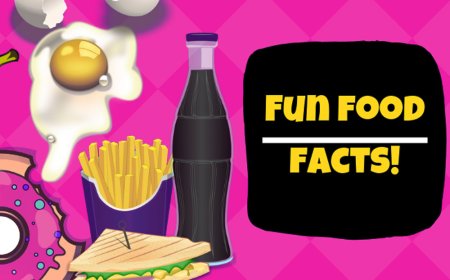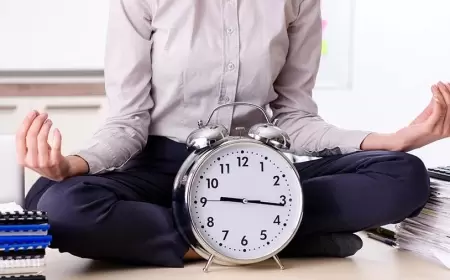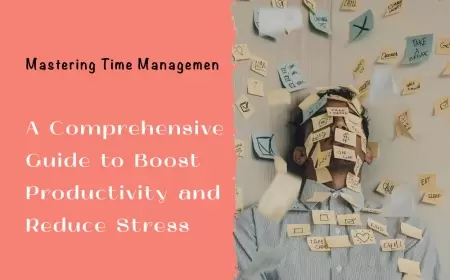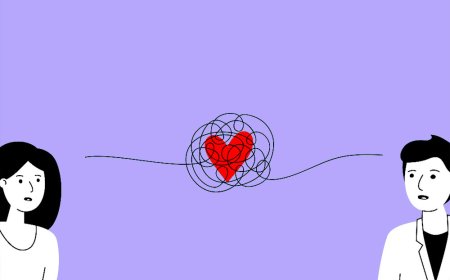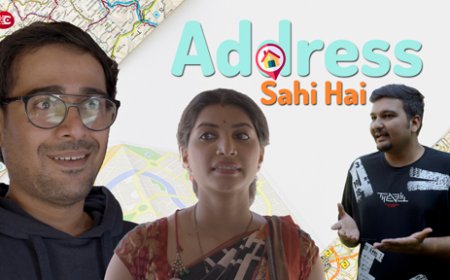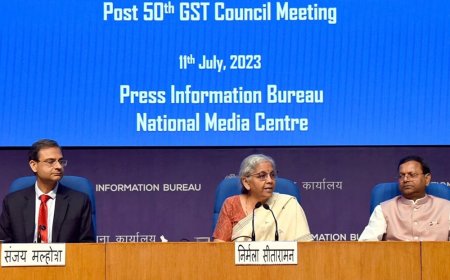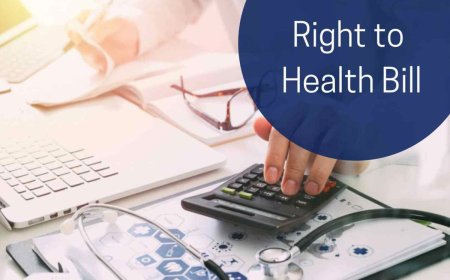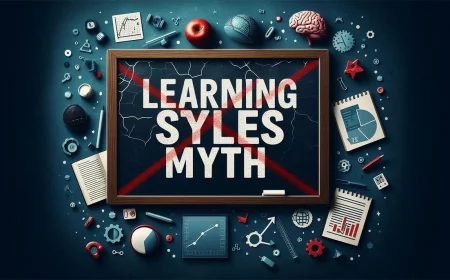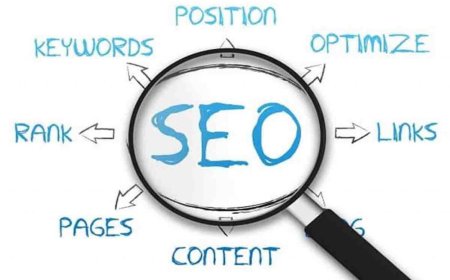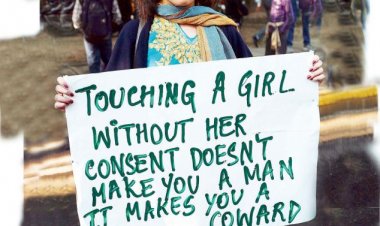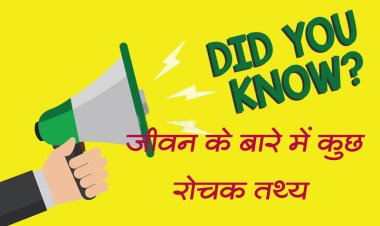Why Overeating Is Bad For You And How To Stop It?
Overeating and eating past fullness are rather frequent behaviors. At parties, family reunions, and special occasions, we often overindulge in food. However, overeating can also lead to obesity and the emergence of eating disorders

Why do people overeat?
Eating past the point of fullness is overeating. When we eat too much, we don't feel hungry. Overeating can result in weight gain and eating disorders if it becomes a habit. Overeating, however, is not a binge eating problem.
Overeating is extremely prevalent and biological. Your body produces more cortisol when you're under stress. Increased cortisol signals the need to locate food among other things as part of the fight-or-flight response. You can start to want meals heavy in salt, sugar, or fat.
In this case, there are other elements at work. Overeating can result from a variety of factors, including how quickly you eat, what you eat, when you eat, and what you do while you eat.
Periodic overeating can lead to indigestion and stomach pain, affect how your body controls appetite, and result in weight gain.
What signs of overeating are there?
Symptoms of overeating include:
-
reflux of acid.
-
Bloating.
-
Gas.
-
Heartburn.
-
Nausea.
-
stomach ache.
-
drained and slow.
In addition to overeating, there may be additional causes for similar symptoms. These symptoms may be unrelated to overeating if they persist for more than a day or so. Contact a medical professional if they worsen or persist for a week.
How much time will the symptoms last?
A few hours later, the discomfort from the overeating should start to subside. Exercise and consuming plenty of water might hasten your recovery.
How can you tell when you've overeaten?
Eating past the point of fullness is overeating. However, it might be challenging to know when to stop eating, particularly if you eat rapidly or are preoccupied with other activities.
Usually, your body uses hormonal cues to control hunger. When you haven't eaten in a while, your ghrelin hormone levels increase, making you feel hungry. The leptin hormone alerts you to fullness after eating.
Overeating masks these signals. This throws off the hormones that control our appetite, increasing the likelihood that we may eat for pleasure rather than fuel.
For around 20 minutes after you finish eating, you might not realize you overate. Then, you can have fatigue or stomach discomfort.
What triggers overeating?
Overeating can have a variety of causes, some of which have to do with the meals themselves and others with our eating habits or reasons. Overeating can result from several factors, such as:
-
eating when stressed. When you're under stress, unhappy, exhausted, bored, or depressed, you're more prone to eat. Your brain releases endorphins while you are eating, which are feel-good chemicals. For this reason, a lot of individuals like eating. We can do it if we're feeling stressed out or exhausted. We are more inclined to overeat when we eat because it makes us feel good rather not necessarily because we are hungry.
-
favored foods. It might be difficult to give up your favorite meals. Overeating is prevalent with meals like French fries, pizza, chocolate, and ice cream.
-
extremely processed meals. Processing and additional tastes encourage you to eat for enjoyment and to keep eating even when you are not hungry.
-
Specific time. In the evenings, when you're more inclined to eat for pleasure rather than merely to get the energy your body requires, overeating is typical.
-
social circumstances. We frequently congregate around food - at celebrations, and sporting events, and to interact with family and friends. When you're in a social setting, you can be more easily distracted, uneasy, or under pressure to eat something—even if you're no longer hungry—while everyone else is.
-
enormous servings. You tend to consume greater servings while dining out, at a buffet, or in a family-style setting.
-
You may become less aware of when you are full if you take certain drugs. If you see overeating following a drug change, consult your doctor.
-
Health issues. Premenstrual syndrome, atypical depression, anxiety, Prader-Willi syndrome (PWS), and Kleine-Levin syndrome are a few medical illnesses that might lead to overeating.
What should I do if I've overeaten?
Feeling guilty or blaming yourself won't make you feel better if you overeat. Keep in mind that overeating is typical. It's crucial to be polite to yourself while your digestive system is working since you can feel lousy for a few hours. You may take certain actions to aid your body in digesting your food and assist you get back on track. For instance:
-
Go on a stroll. Regulating your blood sugar and reducing gas are also benefits of modest exercise.
-
Remain hydrated. More water will be required by your digestive system to handle the additional weight.
-
Teas made from herbs, such as peppermint, chamomile, and ginger, might improve digestion and lessen flatulence.
-
Heartburn or indigestion may be relieved by taking an over-the-counter antacid.
How can I stop overeating?
Even while it's typical to occasionally overeat, doing so might alter how your body manages hunger and cause unintended weight gain. We frequently overeat because it makes us feel wonderful. Doing extra activities that make you feel good other than eating may thus be helpful. Adopt healthy self-care habits: Get some exercise, get enough sleep (but not too much), and use social media sparingly.
Other strategies to avoid overeating include:
-
Consume alcohol in moderation. When we are drinking, we eat more. Reducing spending could be beneficial.
-
Eat less salty meals because it may make you crave sweets more.
-
Vegetables, which provide more fiber and will make you eat more slowly, should take up the majority of your plate.
-
Take steps to reduce your stress. Hormones associated with stress can outweigh those associated with hunger and fullness.
-
Eat gently. Take your time; you can feel full before you finish your meal if you take your time.
-
Eat slowly and deliberately. Understand your eating triggers and purposes.
-
Exercise often. An alternate way to get endorphins is through exercise.
What's Your Reaction?
 Like
0
Like
0
 Dislike
0
Dislike
0
 Love
0
Love
0
 Funny
0
Funny
0
 Angry
0
Angry
0
 Sad
0
Sad
0
 Wow
0
Wow
0











